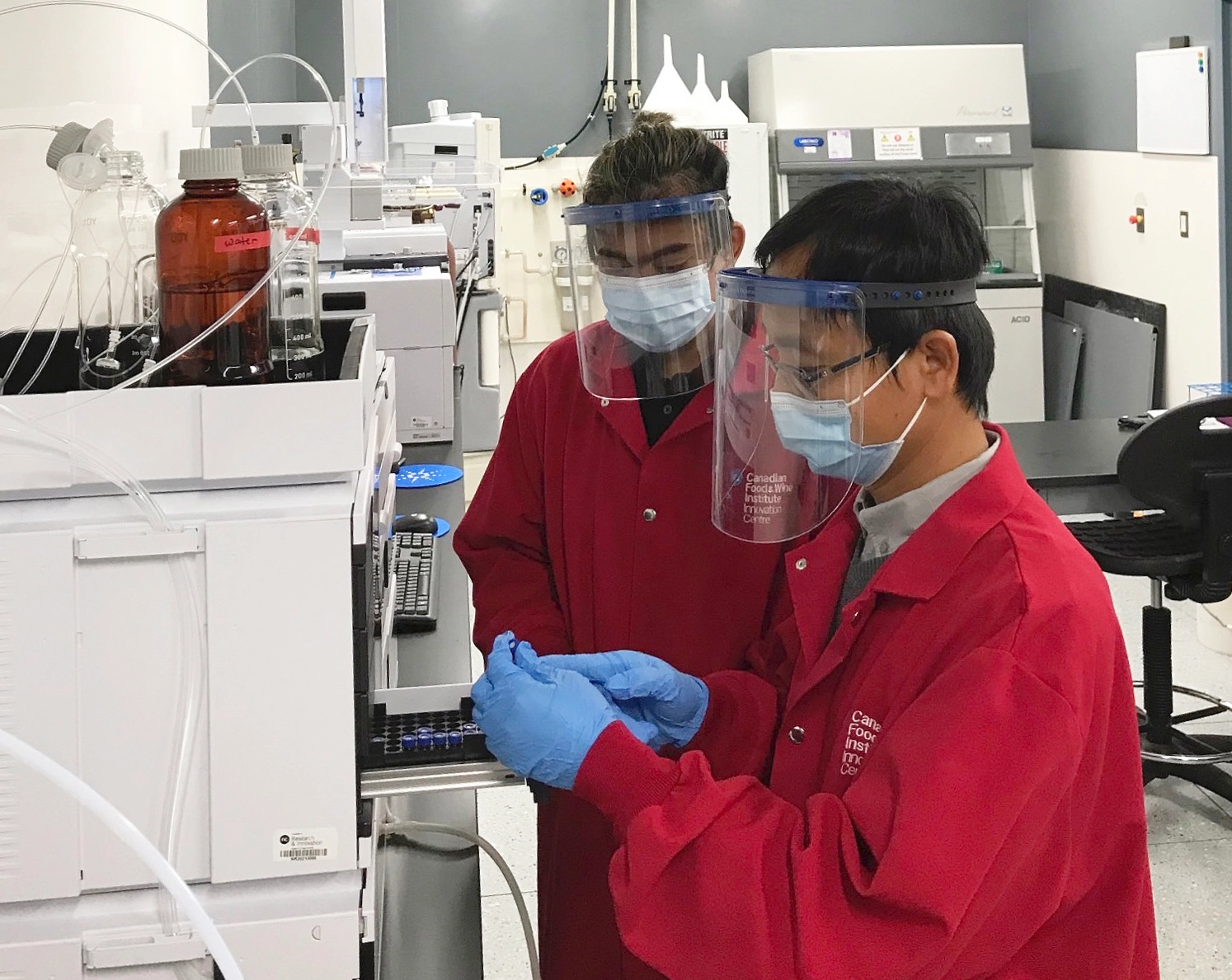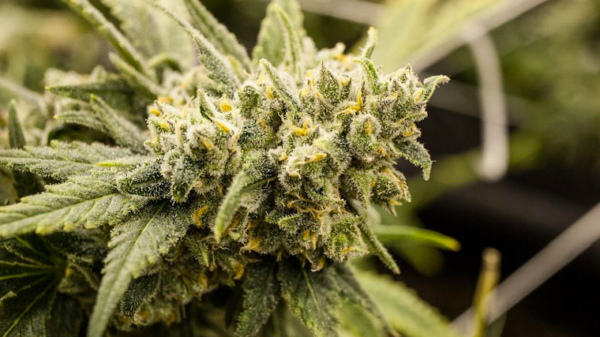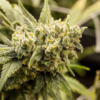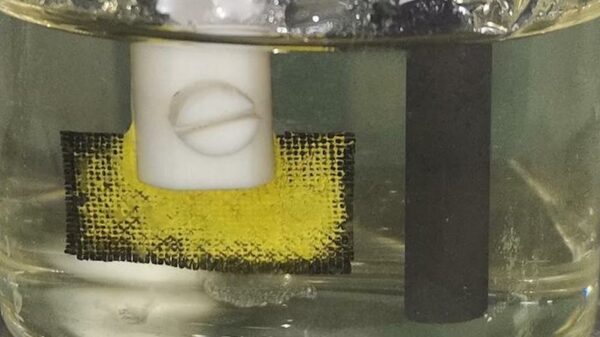An Ontario college is aiming to fill gaps in knowledge of cannabis edibles by researching and developing them.
Through the Niagara College Cannabis Edibles Applied Research Initiative — administered by the Canadian Food & Wine Institute (CFWI) innovation centre — researchers will be studying the development of cannabis-infused products like beverages, gummies, confectionery and baked goods for industry partners in the agriculture and food sectors.
Since edibles have only been allowed in Canada since October 2019, researchers note the “lack of validated scientific knowledge” of cannabis in foods and beverages and “a critical void that needs filling to de-risk the research and product development process for companies.”
“One of the goals is to contribute to the cannabis industry with scientific knowledge to support and facilitate commercialization of cannabis-infused edibles,” said Marc Nantel, vice president of research and external relations.
“Niagara College has the team to produce and teach cannabis production practices, and perform applied research projects with the cannabis and related industries in the areas of food and beverage product development and food safety,” he said in a statement
Researchers will be looking into the infusion and dispersion of CBD and THC in foods and beverages with cannabinoids. The research will help guide the weed industry when developing new edibles.
A single site-multiple protocol research licence has been granted to the CFWI research centre to build the body of research on cannabis edibles. The licence allows for multiple projects
“Understanding how the cannabinoids behave in different media and food matrices is crucial to success in developing safe, stable and consistent cannabis edibles,” said Ana Cristina Vega-Lugo, senior food scientist at the CFWI innovation centre.
Read more: Ontario edibles maker says legacy reputation has followed them to legal market
Niagara College was recently granted a licence from Health Canada to grow industrial hemp in its commercial cannabis production program.
At the time, dean of business, tourism and environment Alan Unwin said it was a natural progression and would help prepare students to participate in all growing sectors.
“The uses and the industries for the hemp plant and the cannabis plant are quite different so this will help them when they graduate. It’s staying on top of things that we’re seeing in the industry. Our responsibility as a college is to meet that demand for the labour market.”
Read more: Canadians’ edibles excitement dips as legal weed support soars, report shows
Follow Kathryn Tindale on Twitter
kathryn@mugglehead.com














